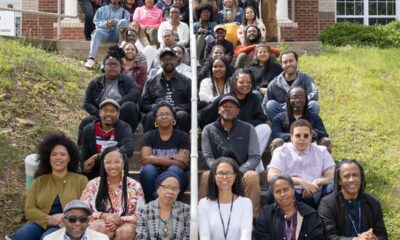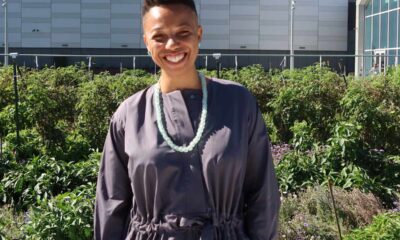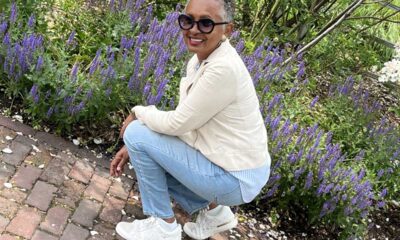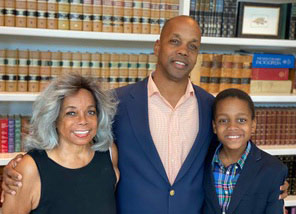Health & Wellness
Cardiologist Dr. Ajibola Adedayo On Healthy Heart Care
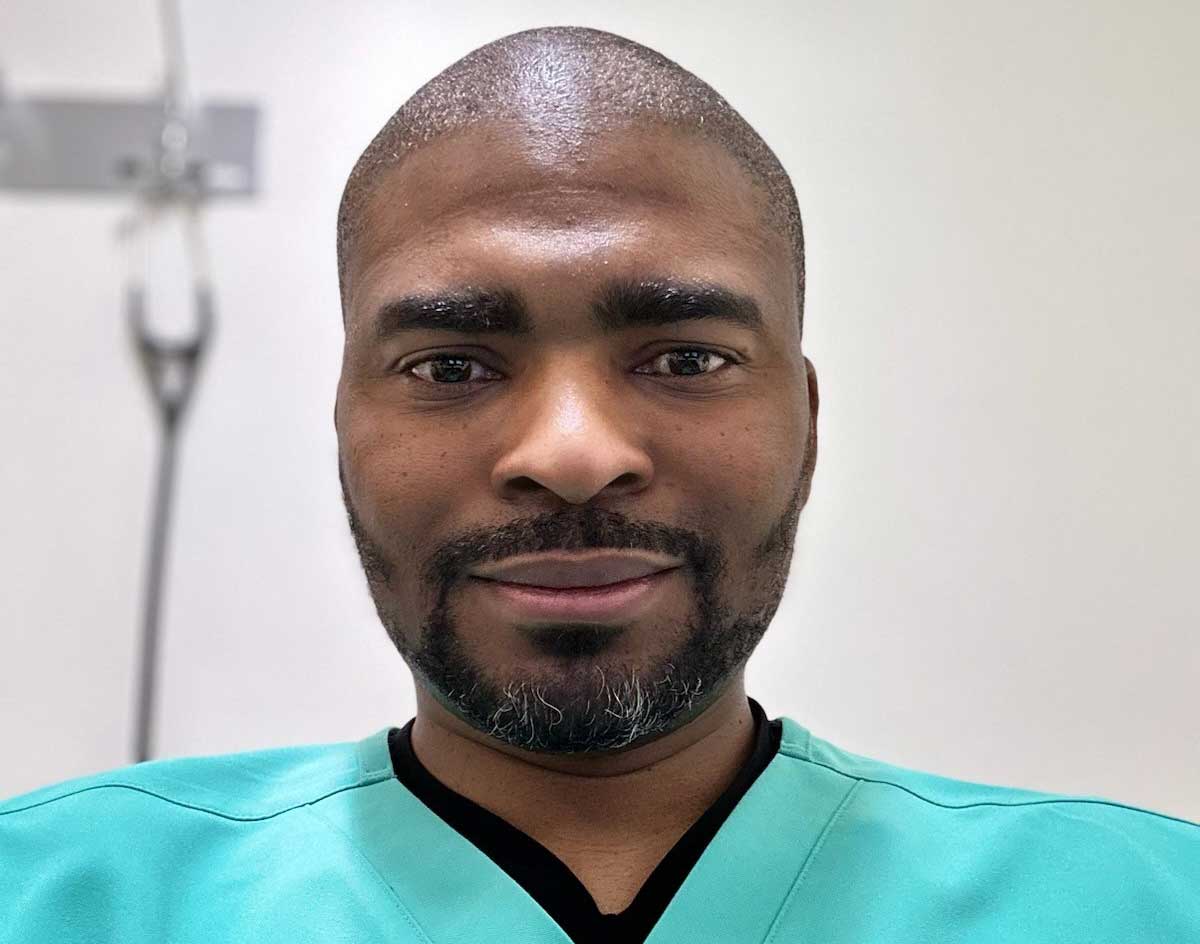
by Fern Gillespie
It’s ironic that February is both Heart Month and Black History Month –especially with Black Americans continuing to make medical history as the major victims of heart disease. In 2022, the University of Pennsylvania Medicine reported that Black adults are 40 percent more likely to have high blood pressure than white adults and less likely to keep it under control. Also, Black adults are 60 percent more likely than white adults to be diagnosed with diabetes, which contributes to the narrowing and hardening of arteries.
The American Heart Association states that among Black women ages 20 and older, nearly 59 percent have cardiovascular disease, which kills more than 50,000 Black women annually. Stroke is a leading cause of death among Black women. According to the American Heart Association, only 39 percent of Black women are aware that chest pain can be a sign of a heart attack, and only 33 percent recognize that pain spreading to the shoulder, neck, or arms is another potential heart attack sign.
Why do African Americans have a greater risk of heart disease? “It’s a multiplicity of factors which can be institutional and historical.” Dr. Ajibola Adedayo, an interventional cardiologist at Brookdale Hospital, One Brooklyn Health, told Our Time Press about poor exposure to understanding heart disease.
“When I say historical, there’s a long-standing history of African Americans having a distrust of the medical system where African Americans have sometimes been used as guinea pigs. So, those issues are very fresh in the minds of the Black community.”
As an interventional cardiologist, Dr. Adedayo specializes in conducting heart and blood vessel procedures with a catheter. He has expertise in treating coronary artery disease, genetic heart defects, heart rhythm disorders, heart failure, and coronary artery disease (narrowing of the blood vessels caused by the buildup of plaque and cholesterol.)
Dr. Adedayo received his medical degree from the University of Ilorin Faculty of Health Sciences in Nigeria and has been in practice for more than 20 years. He has worked on major research studies regarding African American healthcare and is a member of the Association of Black Cardiologists.
A 2023 study from WebMD, reports that Black men are 70 percent more likely to develop heart failure than white men. “Generally, men tend to be , for lack of a better word, more “macho” in the approach to things. African American men tend to belittle (health) things. They ignore stuff and say there’s nothing wrong with me. The disease will be far gone and cause complications. They need to go to routine screenings and checkups,” explained Dr. Adedayo.
“We know many of these manifestations and complications of diseases of the heart come in later years, like in the 40s. This is the reason why the number one reason for dialysis is diabetes. Number two is amputation. It’s a reluctance to get routine annuals. They don’t go to the doctor to screen them and check their blood pressure. A complication of a heart attack or a stroke or renal or kidney failure becomes an issue.”
To Dr. Adedayo, African American outreach and awareness programs on heart disease are urgently needed. “It’s not until you have symptoms that you go to see a doctor. You should already be routinely seeing a doctor,” he said. “People need to remain connected to the healthcare system. These things can be taken care of when complications arise. It’s as simple as doing routine EKGs once a year, checking the blood pressure, and getting blood work.”
“The conditions for heart disease are lifestyle choices. Having a sedentary lifestyle, not exercising and not eating healthy,” said Dr. Adedayo. “Everything has to do with education. It begins with the family. If the family can encourage and institute a good healthy attitude in their kids. They are the ones who are going to be the future. Down the line, they’re going to be the adults. They are going to spread the same healthy concepts in their home with their own family and friends. The education is empowering.”


